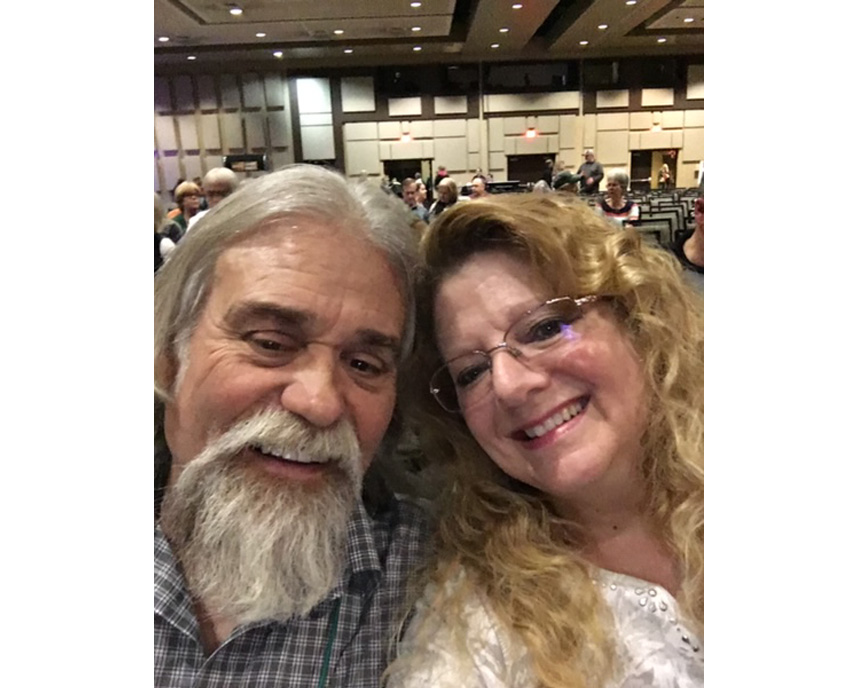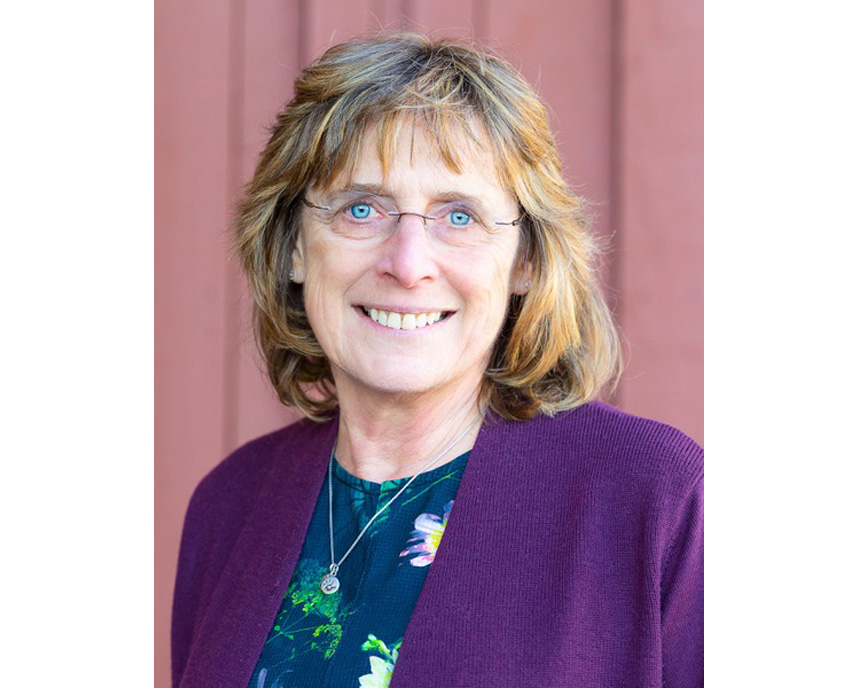While all eyes have been focused on the devastating wildfires in California, Oregon and Washington, residents of Idaho and Montana have also lost everything to wildfires and the American Red Cross is helping them get back on their feet. Here are two of their stories:
IDAHO FIRE VICTIMS TELL THEIR STORY
Sitting in her truck, Nancy Correa saw the smoke turn from gray to black and immediately realized the worst had happened. “I knew it was our house,” she said. “It’s just really hard.”
Nancy and Mark Correa were one of more than 10 Lenore and Orofino-area Idaho families who lost their home earlier this month in the Sunnyside Complex wildfires that burned more than 4,600 acres in Clearwater and Nez Perce counties.
Less than an hour earlier, they had been sitting at their table enjoying lunch in their mountainside home when Mark spotted smoke not far from their neighbor’s house. “He went out there and said ‘oh my gosh, this is not good,’” Nancy said.
They called the sheriff, grabbed a few things, hooked up their fifth-wheel and began to evacuate, the last time they would see their two-story log home with the view of the Clearwater River standing. “It’s just shocking,” Nancy Correa said. “I had never been put in the position before of literally being homeless.”
They were directed to a hotel in Lewiston where the Idaho Red Cross was providing free food and lodging to those forced to flee the fire. There they found a team of volunteers ready to help.
“They were all very compassionate, ready to listen to what you had to say, helping guide you in the right direction,” she said. “Even walking into to that lobby and have them say ‘do you need some water? Here’s a water bottle.’ For them to be there makes a huge difference. Just having a place to put your head.”
Three days after checking into the hotel, the Correas were allowed to return to what was once their home of five years to see what remained. Four Red Cross volunteers met them there.
The Correas’ chicken coop had burned, but 35 chickens were alive and well, now wandering loose and in need of a home. Half joking, Nancy told the Red Crossers they were going to round up the chickens and take them to the neighbors and asked if they wanted to help.
“My eyes got really big when they said yes,” she said. Using nets, dog crates and a lot of teamwork, they had the chickens captured in about an hour. “There were two chickens underneath some metal,” she said. “I’m not kidding, those guys got underneath that metal to get those chickens. They were on a mission.”
The Correas say they won’t be able to begin rebuilding until the spring and are still pondering their next move. While they are going through an incredibly difficult time, they say the outpouring of support they have received has been overwhelming.
“I’ve heard about Red Cross before, but I never really knew exactly what Red Cross did,” she said. “I’m just so grateful that service is available. They provided food for us and a room and support and even rounded chickens up. Those guys were just awesome.”
A MONTANA SURVIVOR STORY
Wearing Tyvek suits and respirators, Kathy Quigley and her family spent hours digging through what little remained of her Bridger Canyon, Montana home. The search unearthed little more than heartbreak.
Quigley’s house was one of more than 25 Bozeman-area Montana homes destroyed earlier this month by the wind-driven Bridger Foothills wildfire. She moved into the house more than 20 years ago. “It’s just such an amazing loss,” Quigley said. “All the things that were in it, all the memories; like years of measuring how tall your kid is and putting it up on the doorjamb. And the photos of all the adventures you have shared with family and friends. The things that make up who you are.”
The day her home burned, Quigley spent the morning mowing her lawn. The Bozeman veterinarian knew there was a fire on the west side of the Bridger Mountains but there was no indication her neighborhood was in imminent danger.
At about 2 p.m. she was on the phone with her brother Jeff, who asked if she needed help, but she said there was no need. The wind wasn’t blowing, there wasn’t a lot of smoke, and no one had told her to evacuate. Twenty minutes later, the fire was in her backyard. “That’s how fast it came,” she said.
With the help of her neighbor, she loaded up her horse, three dogs and a cat, rushed back into house to grab her wallet, a few clothes, her passport and her computer and left with the flames now just 50 yards away. That was last time she would see her house intact.
A day later, Quigley arrived at the Red Cross temporary evacuation shelter at Christ the King Lutheran Church in Bozeman, her head still spinning. There she found a team of caring Red Cross volunteers, and the compassion and support she needed to finally catch her breath and begin to think about the future. They gave her water and toiletries, helped replace her medications and found her lodging at a local hotel, where she, her daughter Allyson and her brother Jeff would spend the next eight nights. The Red Cross also provided them three meals a day, as well as grief counseling. “They were wonderful,” she said. “It was all so derailing, that touchstone was incredible.”
The same day she and her family sifted through the ruins of her old home, they also moved furniture into the townhouse she is now renting in Bozeman. Using vouchers provided by a Red Cross community partner, they went to local thrift stores and got beds, a kitchen table and chairs for free. Her daughter, on a short leave of absence from veterinary school in Pullman, Wash., is living with Quigley, and her brother Jeff is in town as well. Each day is tough, Quigley said, but it’s beginning to get easier.
Quigley thanks the Red Cross responders who were there when she needed them most and says they’ve inspired her. “They just had big hearts, and many that I talked to had had events like this that changed their lives and they want to give back,” she said. “I‘ve spent a lot of my life giving back but what this has taught me is … I need to do more.”
YOU CAN HELP by making a donation or becoming a Red Cross volunteer.
Help people affected by the western wildfires by visiting redcross.org, calling 800-RED CROSS or texting the words WILDFIRES to 90999 to make a $10 donation. Donations enable the Red Cross to prepare for, respond to and help people recover from these disasters.
If you have the time, you can make a significant impact as a Red Cross volunteer. Review our most urgently needed volunteer positions at redcross.org/volunteertoday. More information is available here.













